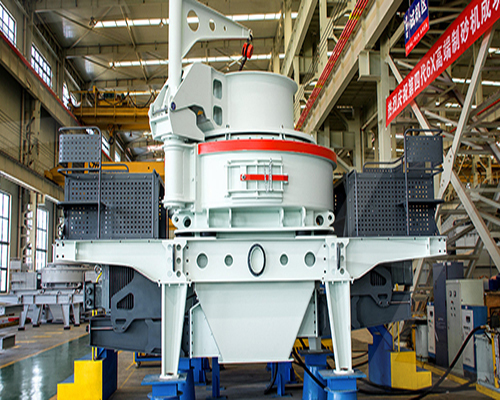Investing in a cement crushing plant in Malaysia can be a lucrative opportunity due to the country’s growing construction sector, infrastructure development, and demand for recycled concrete aggregates. Below is a structured analysis to guide your investment decision:
 1. Market Overview
1. Market Overview
– Construction Boom: Malaysia’s construction industry is expanding due to government projects (e.g., MRT, highways, Johor-Singapore RTS Link) and private developments.
– Demand for Aggregates: Crushed cement/concrete is used in road bases, precast concrete, and new construction.
– Sustainability Trends: Recycled aggregates from demolition waste are gaining traction, supported by green building policies.
2. Investment Considerations
# A. Location Selection
– Strategic Sites: Near urban centers (Klang Valley, Penang, Johor Bahru) or construction hubs to reduce logistics costs.
– Proximity to Raw Materials: Access to demolition waste or old concrete structures.
# B. Regulatory & Licensing
– Obtain approvals from:
– Ministry of International Trade and Industry (MITI)
– Department of Environment (DOE) – Compliance with air/noise pollution standards.
– Local Municipal Council – Land use permits.
– Foreign investors may need partnerships with local firms (minimum 30% Bumiputera equity in some sectors).
# C. Plant Setup Costs
| Component | Estimated Cost (MYR) |
|———–|———————-|
| Land Acquisition | 500,000 – 2M+ |
| Crushing Equipment (Mobile/Stationary) | 1M – 5M+ |
| Conveyors/Screening Systems | 300K – 1M |
| Labor & Installation | 200K – 500K |
| Environmen Controls | 100K – 300K |
Controls | 100K – 300K |
| Total Initial Investment | ~2M – 10M+ |
# D. Equipment Options
– Mobile Crushers: Lower upfront cost, flexible for multiple sites.
– Stationary Plants: Higher output efficiency for large-scale operations.
– Brands: Metso, Sandvik, Terex, or local suppliers like MB Crusher.
# E. Operational Costs
– Electricity (~MYR 0.30–0.50 per kWh)
– Labor (~MYR 1,500–3,000 per worker/month)




